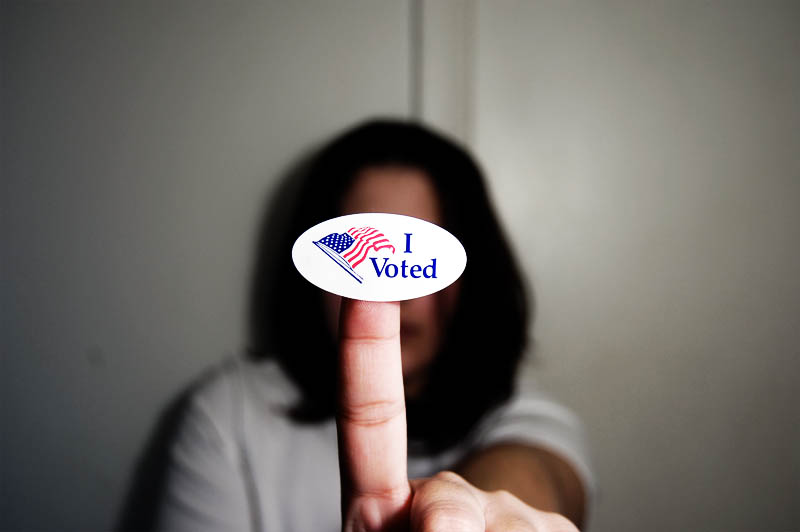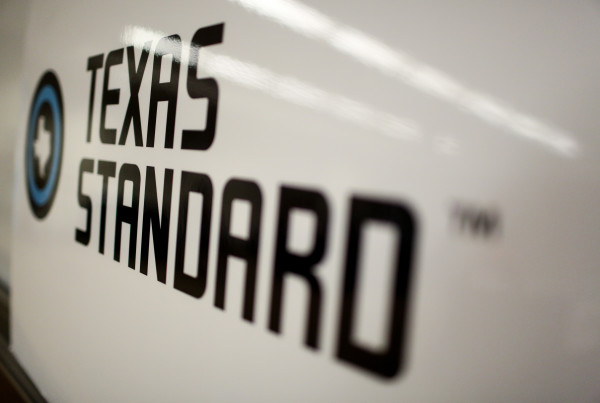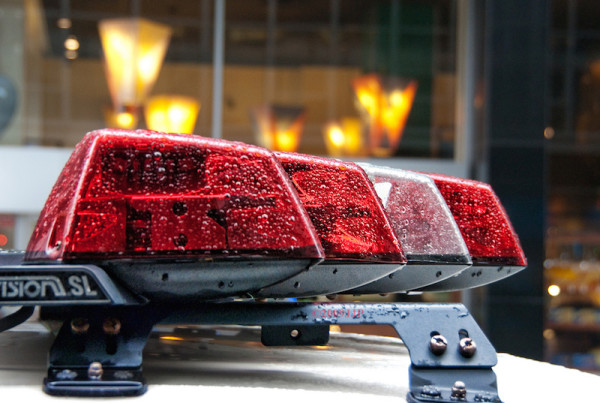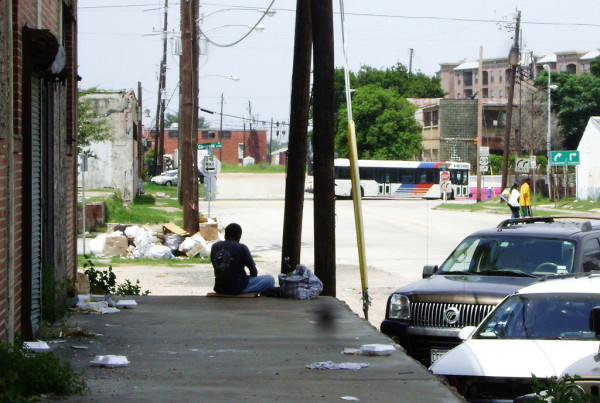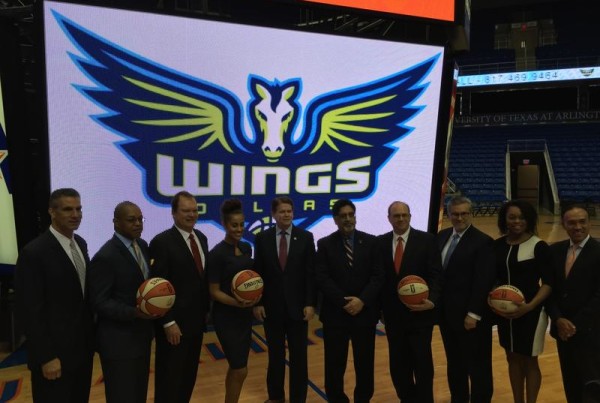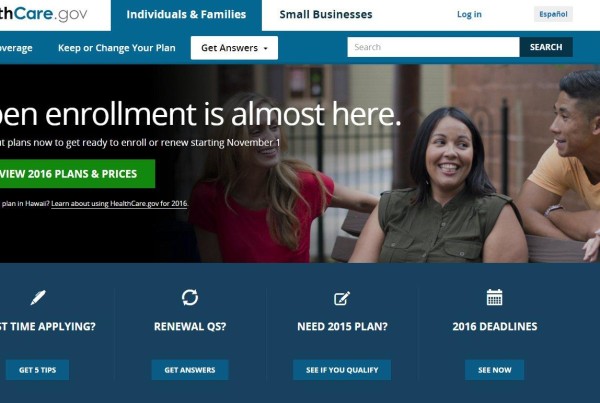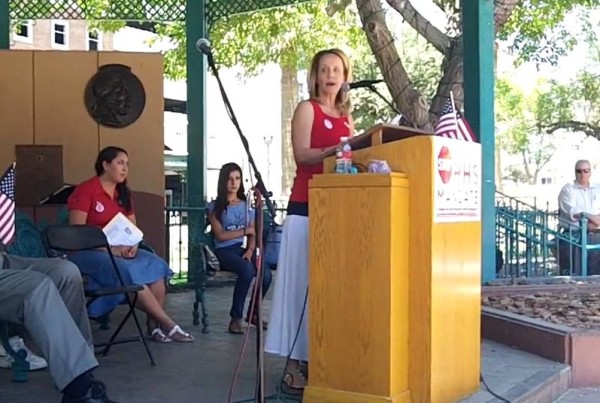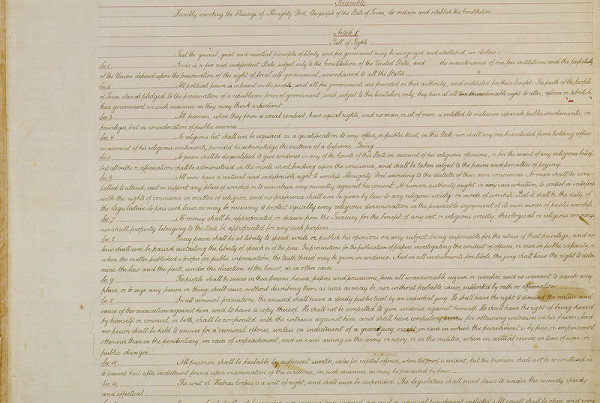Tuesday, Nov. 3 is voting day. The good news: according to preliminary numbers, more Texans are voting in this off-year than have voted in nearly a decade. The bad news: seven constitutional amendments, that will affect everyone, may still be decided by maybe six out of every 100 Texans.
Texans have until 7 p.m. to vote. If you didn’t already cast your ballot during early voting, we have a crash course for you in the proposed amendments. Ben Philpott, a political reporter for KUT in Austin, has the details.
Proposition 1 would increase the amount of the residence homestead exemption from $15,000 to $25,000, providing for a reduction in the limitation of the total amount of ad valorem taxes.
Philpott says: “This is the one that will increase our homestead exemption, which would then have the effect of lowering your property taxes. That homestead exemption is the amount of money that you get to whack off the value of your home before they then assess the taxes…. I think the average is about $130 to $140 you would save on a home of around $200,000.
“The problem there is that this is a homestead exemption, not a property tax decrease if you’re living in a county, or a city or a school district, that had decided to increase how much it’s gonna charge you, then you may never see any of this.”
Proposition 2 would not only exempt a veteran who has proven 100 percent disability from paying homestead taxes, but would include that upon their death, their surviving spouse would also be exempt from having to pay these taxes.
Philpott says: “Just a few years back they passed a constitutional amendment saying that if you were a 100 percent disabled veteran you wouldn’t have to pay – you would be exempt of 100 percent of your property taxes. They also said that if you die, your spouse then can receive that same benefit for the rest of their life.
“The problem is the way they wrote it. It essentially only worked for people after the active date of that original constitutional amendment. So now they’re going back and saying ‘No, no we meant anyone. Not just people who came after [the amendment passed].”
Proposition 3 would repeal the requirement for elected state officers, except for the Governor or Lt. Governor, to live in the state capital.
Philpott says: “Our constitution is very old and Texas is a gigantic state. The reason for it initially was quite obvious: if you were elected and you lived in El Paso, you couldn’t live in El Paso and actually function as a statewide elected official. The trip was too long.
“Now there’s telecommuting, there’s planes…. So they’re saying ‘Look, let’s make it a little easier. Let’s make the people not have to sell their home or give up and come here.'”
Proposition 4 would allow professional sports teams’ charitable foundations to conduct charitable raffles.
Philpott says: “This is essentially just a way to increase the number of raffles that these charitable foundations are allowed to do. It used to be two home games a year, now it’s any home game a year.”
Proposition 5 would authorize counties with a population of 7,500 or less to perform private road construction and maintenance.
Philpott says: “Some of these really tiny counties – their population has just grown. This is just about saying, ‘Look, we don’t have private contractors, let’s let the county help out.'”
Proposition 6 would recognize the right of the people to hunt, fish, and harvest wildlife subject to laws that promote wildlife conservation.
Philpott says: “This would say… ‘You can’t change or restrict any kind of hunting or fishing within the state unless you actually now go back and change the constitution. This is a preemptive strike to keep any restrictions from coming.
“We live in a state where – whether you’re a Republican, Democrat, or whatever – you have to take the press [out] hunting to show that you’re not gonna steal anybody’s guns if you get elected. So the idea that this was actually going to happen in the near future is a little crazy.”
Proposition 7 would shift money from the state budget to the state highway fund to fund non-tolled roads and to pay off transportation-related debts.
Philpott says: “This is part three of a three-stage thing that lawmakers have done over the last couple of years to increase the funding to TxDOT without raising any taxes or any fees. Detractors will say this is a shell game.
“They are taking money from one part of the budget for general consumption and funneling it straight to transportation – not that we don’t need it. TxDOT says they need about $5 billion more each year just to maintain the roads we currently have.”
Find more information on today’s ballot and your voting precinct here.


